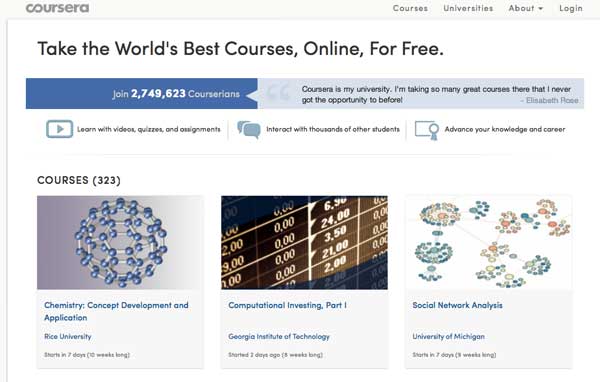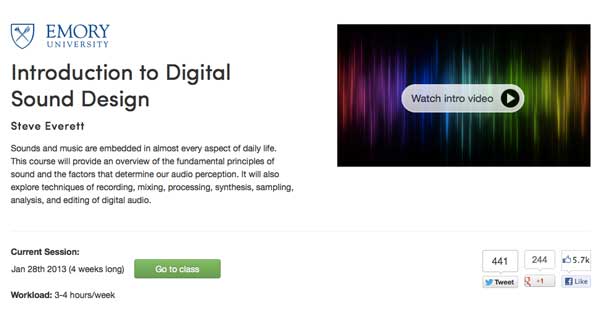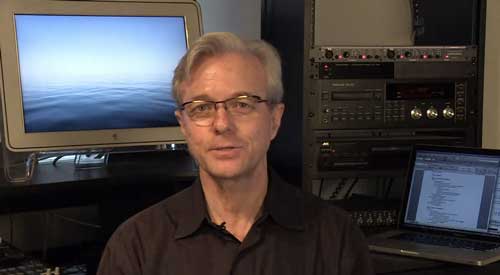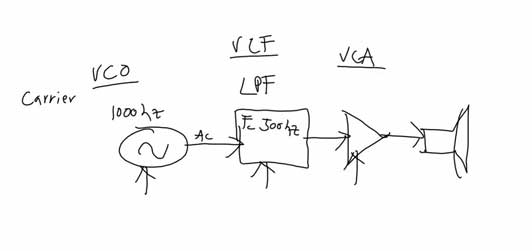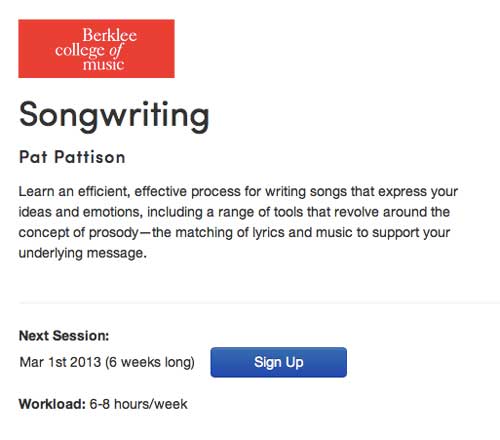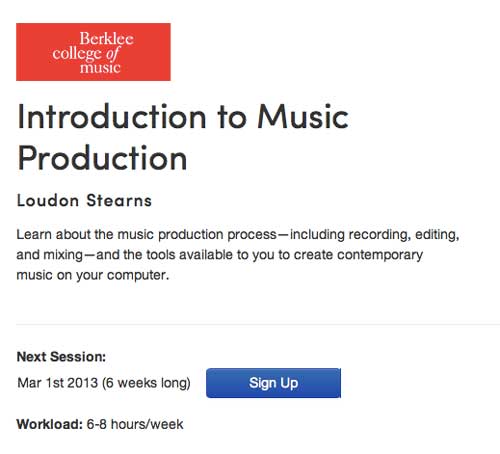I’ve written before about how there are more options and changes within higher education for increased learning and accessibility.
At the forefront of these changes to higher education are MOOCs, Massive Open Online Courses. These are courses offered by traditional university professors and sponsored by traditional higher education colleges and universities, though without the traditional five-figure tuition. In fact, many/most of these courses are offered for free.
Traditional education institutions like colleges and universities are not quite keeping pace with growing demand for knowledge by a thirsty world, so online education startups like Coursera, Codecademy, Edmodo, Khan Academy, <a href=“https://www.edx.org” target=_blank">edX, Instructure, 2U, and Udacity are rushing to fill the void.
This point is underscored by the fact that Coursera won the “Best New Startup of 2012” award.
Example
As I mentioned previously in my post on podcasting for authors, I signed up for a course on “digital sound design,” taught by Steve Everett from Emory University, offered through Coursera.
I just took the final exam, and thought it would be of interest to report on how I thought the course went—in all, I’m very happy with my Coursera course experience.
Having taught at the university undergraduate and graduate levels, I can appreciate the amount of work it takes to create and implement a course. But I can’t quite say that I’ve taught a course with 40,000 students. Nevertheless, Steve’s digital sound design course was planned and implemented very well, with thoughtful lectures, periodic “quiz” questions to test student alertness and competence, and thorough midterm and final questions to test basic understanding of the material presented.
As an example, here are my midterm results from a 60-question midterm exam:
In all, Steve was professional, took his online teaching seriously, and went beyond the call of duty to provide an exceptional and motivational experience for his students, including specifications for an optional project and hours of video for topics that were beyond the scope of the course yet might have been of interest to students in the course. His lectures were crisp, meaningful, and interesting, such as the ones on analogue synthesizer block diagrams:
Thought not directly covered in the course, I figured out, using what I learned in the course, how to use a mixer board to backup my LPs to digital audio, how to add, edit, and shape sound effects for my podcasts, and how to synthesize new sounds to enhance my digital audio projects.
Controversy
However, as with any new cultural shift, the change to free higher education has not been without a few bumps in the road.
For example, in
“How NOT to Design a MOOC: The Disaster at Coursera and How to Fix it,” a Coursera student talks about the difficulties in administering a class with an enrollment in the thousands of students without appropriate and careful group activity specifications and well-thought-out technical requirements.
In another, a professor abandoned his class mid-course: “Professor Leaves a MOOC in Mid-Course in Dispute Over Teaching.”
The Real Trend
But the trend seems to be toward more MOOC-style classes. In fact, the American Council on Education recently announced that five Coursera classes are approved for credit recommendations: Pre-Calculus from University of California, Irvine; Introduction to Genetics and Evolution from Duke University; Bioelectricity: A Quantitative Approach from Duke University; Calculus: Single Variable from the University of Pennsylvania; and Algebra from the University of California, Irvine.
So, not only are university courses being offered online for free, but they are also worth traditional college credits.
Proof
I should also note that I enjoyed my initial Coursera course so much that I signed up for two more courses, a songwriting course with Pat Pattison from the Berklee College of Music:
and an introduction to music production course with Loudon Stearns from the Berklee College of Music:
You can’t beat the price and I’m confident taking them will be worth my time and effort. In fact, I’m sure I’ll get much, much more in return.
The trend in higher education seems clear to me, but I’d love to hear your thoughts. Where do you think higher education is going? What have your experiences with MOOCs been like? Any thoughts or comments on this topic you’d like to share? Please let me know, below.
